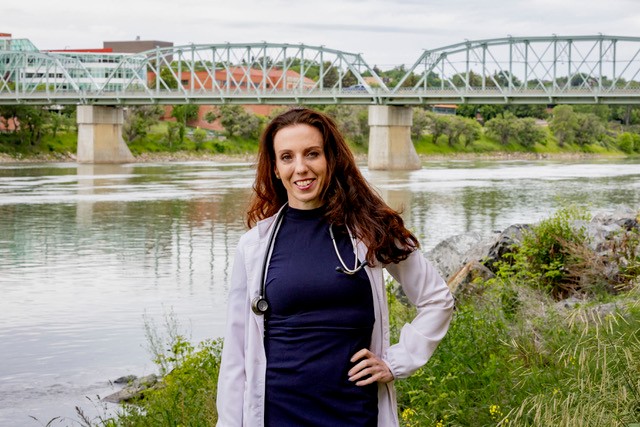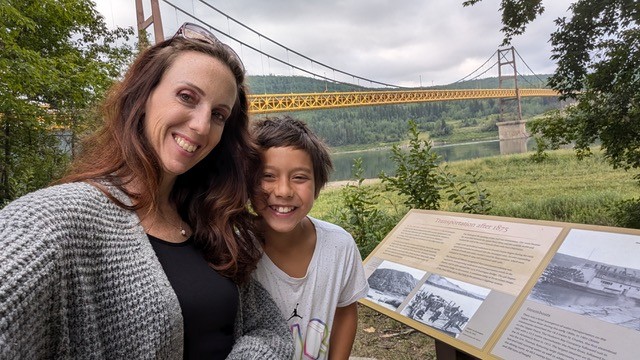
“Knowledge is power.”
The famous quote originally attributed to Francis Bacon has been around for centuries and still rings true for Sara Lee.
The nurse practitioner (NP) spends much of her time as a locum, providing temporary relief for health professionals who work in rural and remote areas of Alberta.
“It’s such a cliché, but really, knowledge is power and there’s never enough,” says Lee.
This is why she was eager to participate in the General Emergency Medicine Skills (GEMS) for Rural Health Professionals Course. The training is offered to rural physicians, nurse practitioners, and physician assistants in partnership through Rural Health Professions Action Plan (RhPAP) and the Shock Trauma Air Rescue Society (STARS) as a way to increase their comfort level and knowledge in emergency medicine.
“I found it extremely helpful for me. Nurse practitioners are highly varied in their scope and their experience,” explains Lee, who opened her own private practice in Medicine Hat last year.
“I don’t have a heavy trauma background … so getting the trauma training was really important because it’s something that I have not had a ton of experience or history with.”
Lee is quick to point out that she is always cautious when she takes on a locum assignment and ensures she is working within her comfort level.
“I have emergency department training, I have ICU (intensive care unit) training, but I don’t have much trauma experience so I limit myself in trauma situations and revert the team to nurse procedures when those things come through the door,” she explains.
“GEMS was intended to increase my exposure and my confidence in those skills, so that maybe down the road, I can add it to my credentials and work to the full scope of an emergency department attending.”
GEMS helps rural practitioners learn at their own pace through online modules and finishes with a hands-on component provided by STARS. Lee says most NPs don’t receive official emergency department training, so she is always looking to enhance her knowledge to help when she does locum work.
Lee loves the adrenaline of the rural and remote locum work—she even helped in Jasper and Hinton during last summer’s wildfires. The mother-of-four now craves a more balanced lifestyle after spending about 50 per cent of her time away from home prior to establishing her private practice.
“I definitely hope to continue to work with the locum program,” says Lee, who grew up in Medicine Hat.
She hadn’t given rural medicine much thought until she spent time in Wabasca, a community nearly four hours north of Edmonton, where she practised for three years after completing her master’s degree in nursing.
There, Lee learned about the challenges rural communities and under-serviced people experience in healthcare and she wanted to do her part. Being a locum became an outlet for her to retain that rural connection.

“I hope to continue working locum … to show what nurse practitioners are capable of, and where we can fill gaps. We’re not a complete replacement for physicians, obviously, but we like to be able to help Band-Aid where we can.”
The people she meets as a locum genuinely appreciate the help.
“It’s almost like they want to repay you in chickens, or any way they can,” she says with a chuckle. “What they don’t realize is that I am already gaining so much reward when they share their community, stories, and kindness.
“Rural is the nicest place to be because they always show so much gratitude.’”
